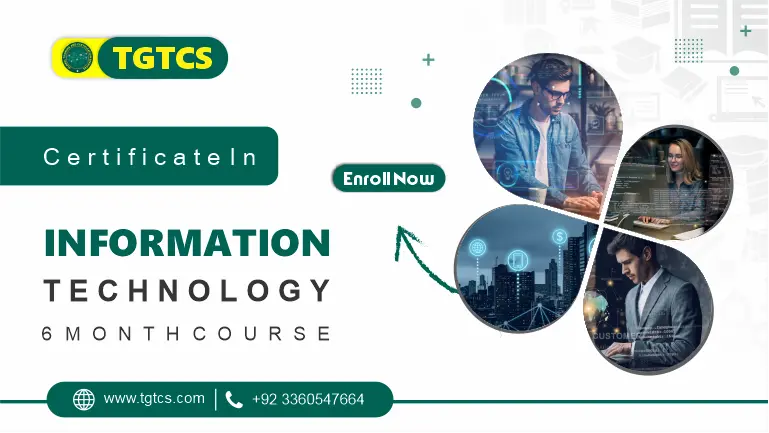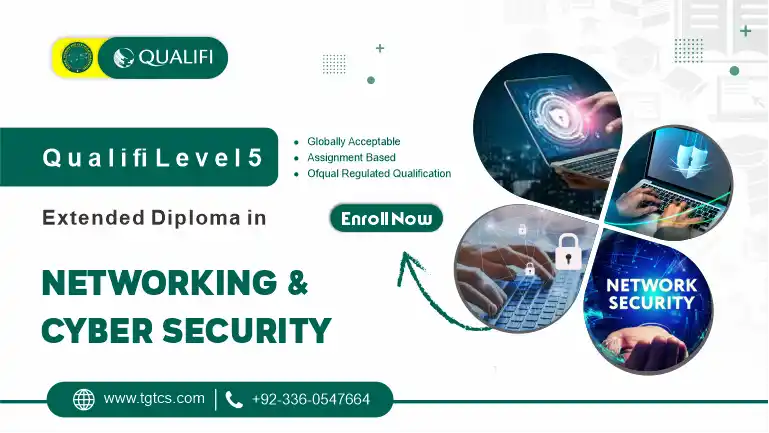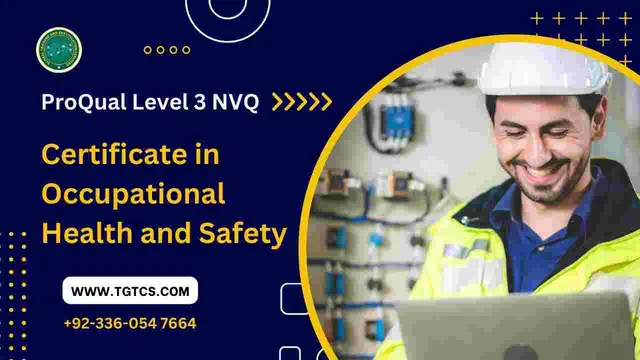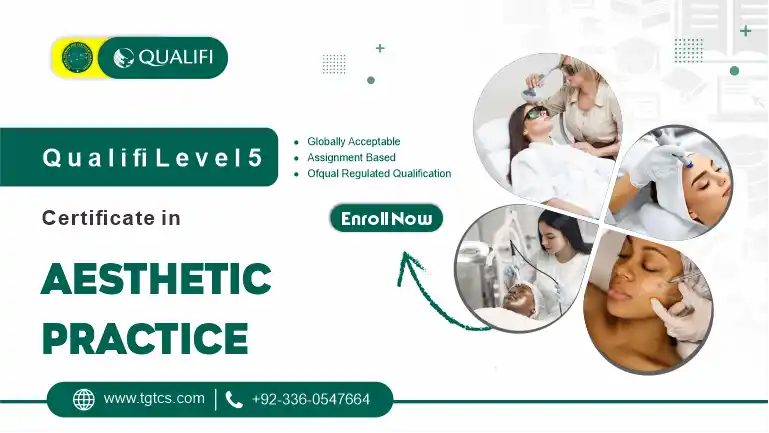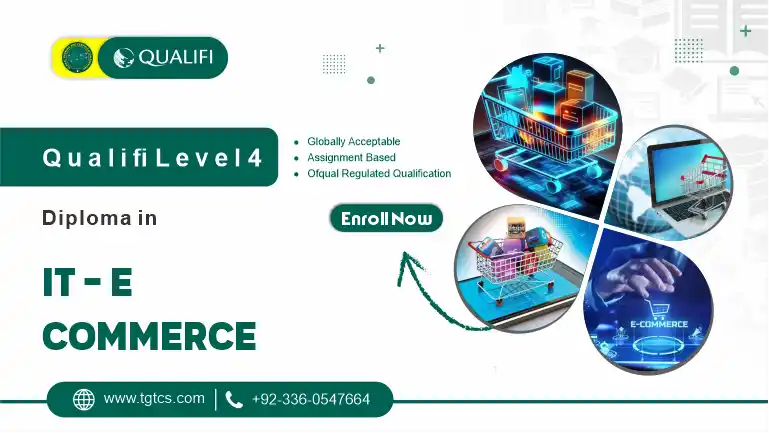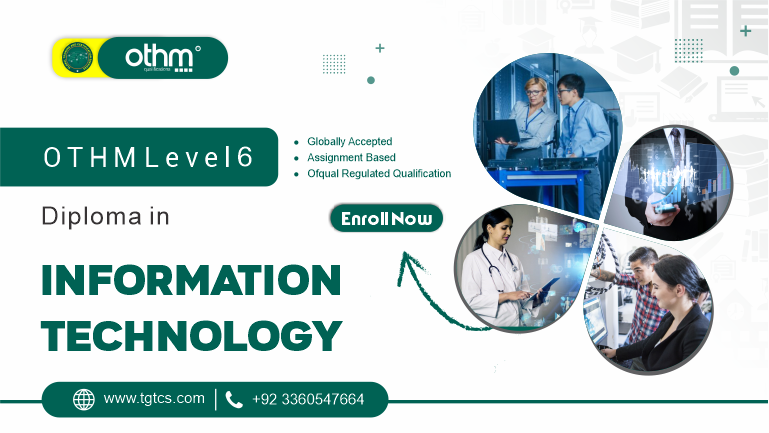CIT (Certificate in Information Technology)
Supercharge Your Career with CIT (Certificate in Information Technology)
Are you ready to embark on a transformative journey that will elevate your skills and open doors to a world of opportunities in Information Technology? Look no further than our prestigious CIT (Certificate in Information Technology) program!
Why Choose CIT?
Cutting-Edge Curriculum: Stay ahead of the curve with a curriculum designed by industry experts, focusing on the latest trends and technologies in Information Technology.
Hands-On Learning: Get ready to roll up your sleeves! Our program emphasizes practical, hands-on experience, ensuring you’re not just learning theory but mastering real-world skills.
Industry-Recognized Certification: Boost your resume with a globally recognized CIT certification. Stand out to employers and demonstrate your proficiency in the core aspects of Information Technology.
Flexible Learning Options: We understand that life is busy. That’s why our CIT program offers flexible learning options, allowing you to balance your studies with your existing commitments.
Career Support: Your success is our priority. Benefit from personalized career support, including resume building, interview preparation, and access to our extensive network of industry connections.
Career Opportunities Await:
Explore Diverse Roles: From cybersecurity and network administration to software development and data analysis, the CIT program opens doors to a multitude of exciting career paths.
Global Demand: In today’s digital age, the demand for skilled IT professionals is skyrocketing globally. Equip yourself with the CIT certification to tap into a world of career opportunities.
Job Ready: Our CIT program is designed to make you job-ready from day one. Build a strong foundation in IT skills and gain the confidence to tackle real-world challenges.
What Our Graduates Say:
“The CIT program was a game-changer for my career. The hands-on experience and industry-focused curriculum gave me the edge I needed to land my dream job in IT.” – Sarah M., CIT Graduate
Don’t miss the chance to level up your skills, enhance your career prospects, and become a sought-after IT professional. Enroll in the CIT program today and join a community of forward-thinking individuals shaping the future of technology.
Transform your passion for technology into a rewarding career with CIT!
A Certificate in Information Technology typically represents a short-term, focused program designed to provide individuals with foundational knowledge and skills in various aspects of information technology. These programs are often offered by educational institutions, including universities, colleges, and vocational training centers.
The content of CIT programs can vary, but they generally cover fundamental topics in information technology, such as:
- Computer Systems: Understanding the basics of computer hardware and software.
- Networking: Introduction to computer networks, protocols, and communication.
- Programming: Basic programming skills and concepts.
- Database Management: Fundamentals of database systems and management.
- Cybersecurity: Basic principles of cybersecurity and data protection.
- Web Development: Introduction to creating and managing web content.
- Information Systems: Overview of information systems and their role in organizations.
Completing a CIT program can be beneficial for individuals seeking entry-level positions in the field of information technology or for those looking to enhance their existing skills. It can serve as a stepping stone for further education and career advancement.
Since the field of information technology is dynamic and evolves rapidly, these programs are often designed to provide practical and up-to-date knowledge. It’s advisable to check with specific educational institutions for the most accurate and current information about their CIT programs.
The Certificate in Information Technology (CIT) program offers a range of benefits to individuals seeking to enhance their skills and knowledge in the field of information technology. Here are some key course benefits:
- Foundational IT Knowledge:
- Gain a solid foundation in the fundamentals of information technology, including computer hardware, software, networks, and systems.
- Skill Development:
- Acquire practical skills in IT, such as troubleshooting, system maintenance, and software applications, which are essential in various professional settings.
- Industry-Relevant Curriculum:
- Receive training based on the latest industry standards and technological advancements, ensuring that the knowledge gained is relevant and applicable in real-world IT environments.
- Career Advancement:
- Enhance your career prospects by adding a recognized certification to your resume. Employers often value candidates with specialized IT skills, and a CIT certificate can set you apart in the job market.
- Versatility in IT Roles:
- Develop a diverse skill set that opens doors to a variety of IT roles, including technical support, system administration, network management, and more.
- Increased Employability:
- Improve your employability by demonstrating proficiency in key IT areas. The CIT certificate serves as evidence of your commitment to professional development in the field.
- Preparation for Further Education:
- Use the CIT program as a stepping stone for further education in IT. The foundational knowledge gained can be valuable for those considering advanced degrees or specialized certifications.
- Adaptability to Changing Technologies:
- Stay current with evolving technologies and industry trends, ensuring that you can adapt to changes in the IT landscape and continue to be a valuable asset to your organization.
- Practical Application of Knowledge:
- Apply theoretical concepts to real-world scenarios through hands-on projects and case studies, allowing for a more comprehensive understanding of IT principles.
- Networking Opportunities:
- Connect with fellow students, instructors, and professionals in the IT field, providing opportunities for networking, collaboration, and potential career advancement.
- Time and Cost Efficiency:
- Benefit from a focused and streamlined program that allows for efficient skill acquisition, making it a cost-effective and time-efficient option for individuals seeking to enter the IT workforce.
In summary, the Certificate in Information Technology (CIT) program offers a well-rounded educational experience that combines theoretical knowledge with practical skills, preparing individuals for successful careers in various IT roles.
Here are some potential learning outcomes for a CIT program:
- Technical Proficiency:
- Students will demonstrate proficiency in fundamental IT concepts, including hardware, software, networks, and security.
- Programming Skills:
- Students will be able to write, debug, and maintain simple computer programs using industry-relevant programming languages.
- Problem Solving:
- Students will develop problem-solving skills to analyze and troubleshoot common IT issues, demonstrating the ability to apply logical and critical thinking.
- IT Infrastructure:
- Students will understand the basic principles of IT infrastructure, including servers, databases, and cloud computing, and be able to deploy and manage simple IT systems.
- Networking Knowledge:
- Students will demonstrate a basic understanding of computer networks, including concepts such as protocols, IP addressing, and network security.
- Information Security:
- Students will be familiar with the principles of information security and will be able to implement basic security measures to protect digital assets.
- Data Management:
- Students will acquire skills in data management, including data storage, retrieval, and basic database management.
- User Support:
- Students will be able to provide basic technical support to end-users, including troubleshooting common software and hardware issues.
- Web Development Basics:
- Students will gain an understanding of web development concepts and be able to create and maintain simple web pages.
- Professional Communication:
- Students will develop effective communication skills for the IT industry, including the ability to document technical processes and communicate with both technical and non-technical stakeholders.
- Ethical and Legal Considerations:
- Students will understand ethical and legal considerations in the field of IT, including issues related to privacy, intellectual property, and compliance with relevant regulations.
- Continuous Learning:
- Students will develop a mindset for continuous learning and staying updated on emerging trends and technologies in the rapidly evolving field of information technology.
These learning outcomes are broad and can be tailored to specific program goals and objectives. Additionally, they provide a foundation for students to pursue further education or enter the workforce with a solid understanding of essential IT concepts and skills.
An ideal learner pursuing a Certificate in Information Technology (CIT) demonstrates a unique set of qualities and characteristics that contribute to a successful and fulfilling learning experience. The pursuit of a CIT involves acquiring fundamental knowledge and skills in the ever-evolving field of information technology. Here are some key attributes of an ideal learner in this context:
- Curiosity and Eagerness to Learn:
- An ideal CIT learner possesses a natural curiosity about technology and a genuine eagerness to expand their knowledge in the field of information technology.
- Adaptability:
- Given the dynamic nature of technology, adaptability is crucial. The ideal learner is open to new concepts, tools, and methodologies, adapting quickly to changes in the IT landscape.
- Problem-Solving Skills:
- Information Technology often involves troubleshooting and solving complex problems. The ideal CIT learner has a strong analytical mindset and enjoys the challenge of solving technical issues.
- Effective Time Management:
- Balancing coursework, practical exercises, and potentially other responsibilities requires effective time management skills. The ideal learner understands the importance of allocating time wisely to maximize their learning experience.
- Collaborative Attitude:
- IT projects often require collaboration. An ideal CIT learner is not only proficient individually but also values and contributes to group work, fostering a collaborative and supportive learning environment.
- Attention to Detail:
- In the IT field, precision is paramount. The ideal learner pays close attention to detail, ensuring accuracy in coding, system configurations, and other technical tasks.
- Continuous Improvement Mindset:
- Technology is constantly evolving. An ideal CIT learner sees learning as a lifelong journey and is committed to staying updated on emerging technologies and industry trends beyond the completion of the certificate program.
- Ethical Awareness:
- Given the sensitivity of the information handled in IT, ethical considerations are crucial. The ideal learner understands the importance of integrity, confidentiality, and responsibility in their work.
- Effective Communication Skills:
- IT professionals often need to convey technical information to non-technical stakeholders. The ideal CIT learner possesses effective communication skills, translating complex concepts into clear and understandable language.
- Passion for Technology:
- Beyond meeting academic requirements, the ideal learner has a genuine passion for technology. This passion serves as a driving force, motivating them to delve deeper into the subject matter and explore innovative solutions.
In essence, an ideal learner pursuing a Certificate in Information Technology combines technical proficiency with a holistic set of skills and attitudes that prepare them not only for the current demands of the field but also for its future challenges.
Mandatory Unit
- Introduction to Information Technology
- Programming Fundamentals
- Database Management
- IT Project Management
- Emerging Technologies in IT
- Professional Development in IT
Course Overview
Duration
2 to 6 Months
